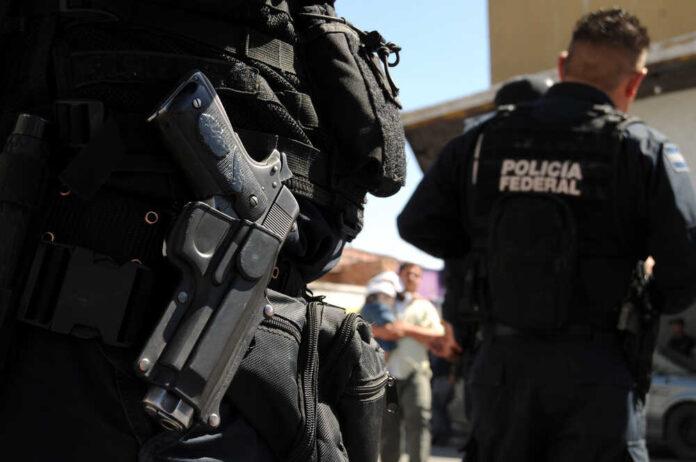
If any civilian organization understands what life is like in a war zone, the Red Cross does. After providing services for those impacted by such violence around the world, its top officials now say that the situation in Mexico warrants a similar designation.
According to an advisory compiled by the International Committee of the Red Cross, the rate of violent crime in Mexico is consistent with that found in an active war zone.
Aside from brutal murders committed by the nation’s warring drug cartels, a staggering number of individuals across Mexico have gone missing or have been forced to leave their homes in recent years.
There were nearly 31,000 murders reported in Mexico last year alone, and the 2021 total was nearly 5,000 higher. More than 100,000 so-called “forced disappearances” were also reported in 2022.
In total, more than 379,000 individuals were displaced or forced to flee their residences last year, which is well over 100,000 more than the number reported just two years earlier.
As Olivier Dubois, who heads the ICRC delegation for Mexico and Central America, wrote in the organization’s latest Humanitarian Balance report: “The pain of those who look for a loved one or the people who are forced to abandon their homes to save their lives and the lives of their loved ones and the communities that don’t have access to essential services is similar to the one faced by people in other parts of the world affected by armed conflicts.”
Several reports in recent months have involved Americans traveling to Mexico and disappearing or being killed. In March, four individuals were kidnapped — and two were later killed — after entering Mexico from Texas. Five cartel members were later identified as suspects.
NEW: LIVE at the hospital in Brownsville, TX this morning where the two surviving Americans who were kidnapped by cartel gunmen just across the border are being treated. The bodies of the two Americans who were killed in the cartel attack are still in Mexico, and the FBI says… pic.twitter.com/zHmISmcrOm
— Bill Melugin (@BillFOXLA) March 8, 2023
Such incidents have prompted U.S. authorities to warn against crossing the border.
The Department of state described violent crime in Mexico as “widespread and common,” adding that the U.S. government only has a “limited ability to provide emergency services to U.S. citizens in many areas of Mexico, as travel by U.S. government employees to certain areas is prohibited or restricted.”













